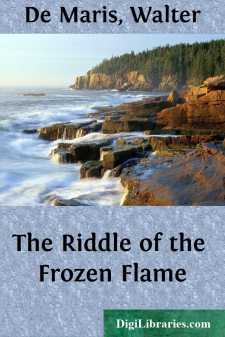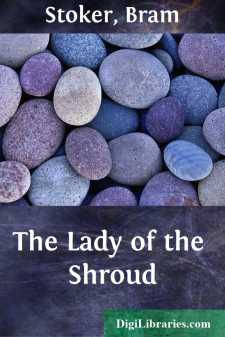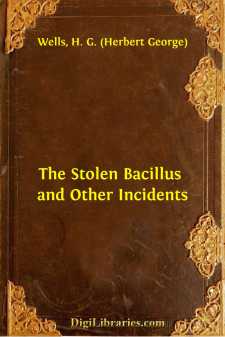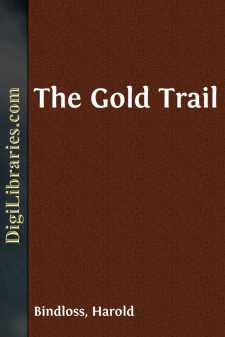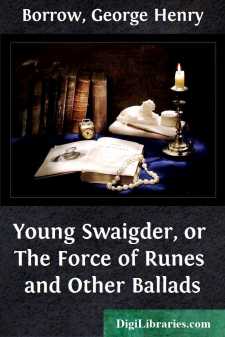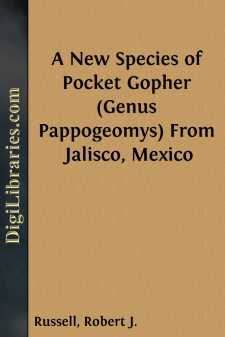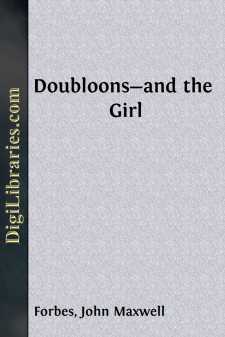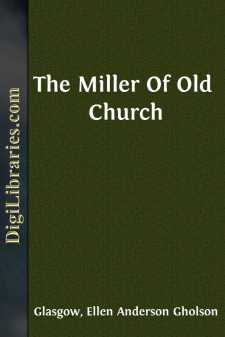Categories
- Antiques & Collectibles 13
- Architecture 36
- Art 48
- Bibles 22
- Biography & Autobiography 813
- Body, Mind & Spirit 142
- Business & Economics 28
- Children's Books 13
- Children's Fiction 10
- Computers 4
- Cooking 94
- Crafts & Hobbies 4
- Drama 346
- Education 46
- Family & Relationships 57
- Fiction 11828
- Games 19
- Gardening 17
- Health & Fitness 34
- History 1377
- House & Home 1
- Humor 147
- Juvenile Fiction 1873
- Juvenile Nonfiction 202
- Language Arts & Disciplines 88
- Law 16
- Literary Collections 686
- Literary Criticism 179
- Mathematics 13
- Medical 41
- Music 40
- Nature 179
- Non-Classifiable 1768
- Performing Arts 7
- Periodicals 1453
- Philosophy 64
- Photography 2
- Poetry 896
- Political Science 203
- Psychology 42
- Reference 154
- Religion 513
- Science 126
- Self-Help 84
- Social Science 81
- Sports & Recreation 34
- Study Aids 3
- Technology & Engineering 59
- Transportation 23
- Travel 463
- True Crime 29
Sort by:
by:
Walter De Maris
THE LAW Mr. Maverick Narkom, Superintendent of Scotland Yard, sat before the litter of papers upon his desk. His brow was puckered, his fat face red with anxiety, and there was about him the air of one who has reached the end of his tether. He faced the man opposite, and fairly ground his teeth upon his lower lip. "Dash it, Cleek!" he said for the thirty-third time, "I don't know what...
more...
by:
Bram Stoker
FROM “THE JOURNAL OF OCCULTISM”MID-JANUARY, 1907. A strange story comes from the Adriatic. It appears that on the night of the 9th, as the Italia Steamship Company’s vessel “Victorine” was passing a little before midnight the point known as “the Spear of Ivan,” on the coast of the Blue Mountains, the attention of the Captain, then on the bridge, was called by the look-out man to a tiny...
more...
THE STOLEN BACILLUS "This again," said the Bacteriologist, slipping a glass slide under the microscope, "is a preparation of the celebrated Bacillus of cholera—the cholera germ." The pale-faced man peered down the microscope. He was evidently not accustomed to that kind of thing, and held a limp white hand over his disengaged eye. "I see very little," he said. "Touch this...
more...
I. He was little and looked at the world from below. All that happened, went on over his head. Everyone looked down to him. But the big people possessed the enviable power of lifting him to their own height or above it. It might so happen that suddenly, without preamble, as he lay on the floor, rummaging and playing about and thinking of nothing at all, his father or a visitor would exclaim: "Would...
more...
by:
Harold Bindloss
BOTTOMLESS SWAMP It was Construction Foreman Cassidy who gave the place its name when he answered his employer’s laconic telegram. Stirling, the great contractor, frequently expressed himself with forcible terseness; but when he flung the message across to his secretary as he sat one morning in his private room in an Ottawa hotel, the latter raised his eyebrows questioningly. He knew his employer in...
more...
YOUNG SWAIGDERorTHE FORCE OF RUNES It was the young Swaigder, With the little ball he played;The ball flew into the Damsel’s lap, And pale her cheeks it made. The ball flew into the Damsel’s bower. He went of it in quest;Before he out of the bower came, Much care had filled his breast! “The ball, the ball thou shouldst not fling, Shouldst cast it not at me;There sits a maid in...
more...
J. R. Alcorn collected a number of pocket gophers of the genus Pappogeomys in the states of Jalisco, Nayarit, and Colima. The bulk of this material was obtained in 1949 and 1950. Full treatment of these interesting pocket gophers will be given by the author in a future publication. Among the Pappogeomys collected by Alcorn were three specimens from the high Sierra del Tigre, an isolated range not...
more...
CHAPTER I ON THE BLIND SIDE OF CHANCE Allen Drew, glancing carelessly about as he started for the shore-end of the pier, suddenly saw the girl coming in his direction. From that moment—dating from the shock of that first glimpse of her—the current of his life was changed. Women were rare enough down here on the East River docks; one of the type of this gloriously beautiful girl seemed an...
more...
by:
Jean Webster
CHAPTER I The courtyard of the Hotel du Lac, furnished with half a dozen tables and chairs, a red and green parrot chained to a perch, and a shady little arbour covered with vines, is a pleasant enough place for morning coffee, but decidedly too sunny for afternoon tea. It was close upon four of a July day, when Gustavo, his inseparable napkin floating from his arm, emerged from the cool dark doorway...
more...
CHAPTER I AT BOTTOM'S ORDINARY It was past four o'clock on a sunny October day, when a stranger, who had ridden over the "corduroy" road between Applegate and Old Church, dismounted near the cross-roads before the small public house known to its frequenters as Bottom's Ordinary. Standing where the three roads meet at the old turnpike-gate of the county, the square brick building,...
more...


